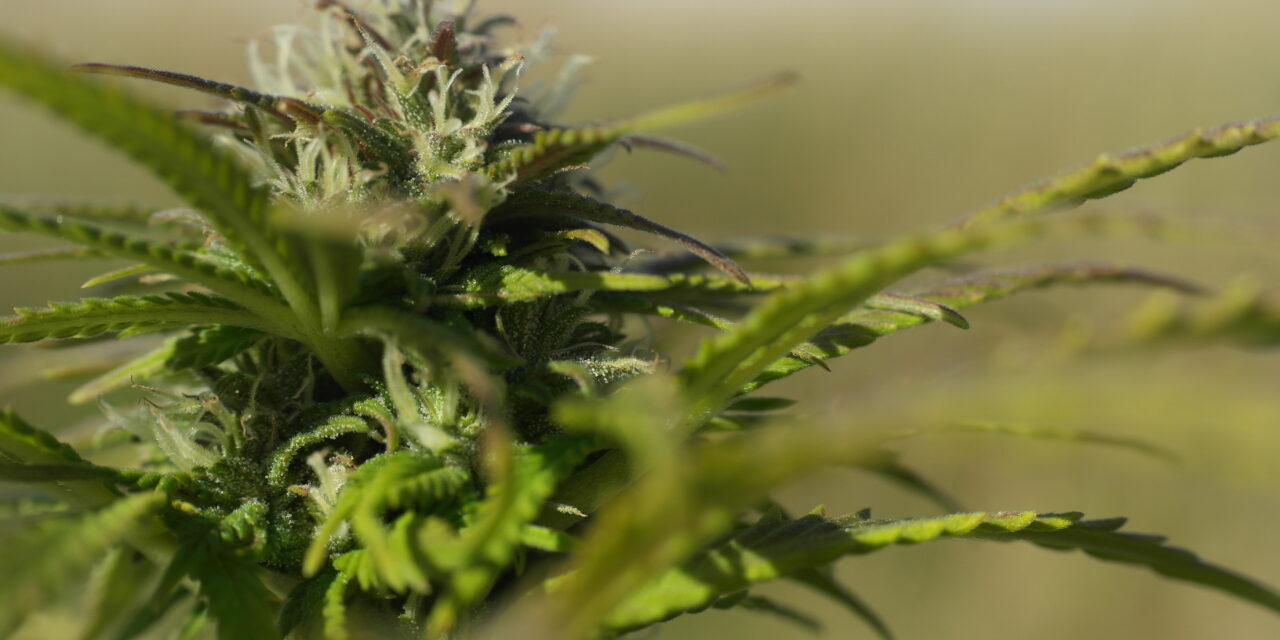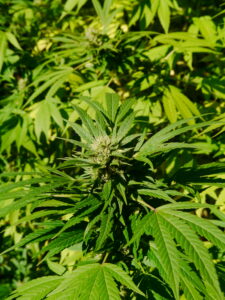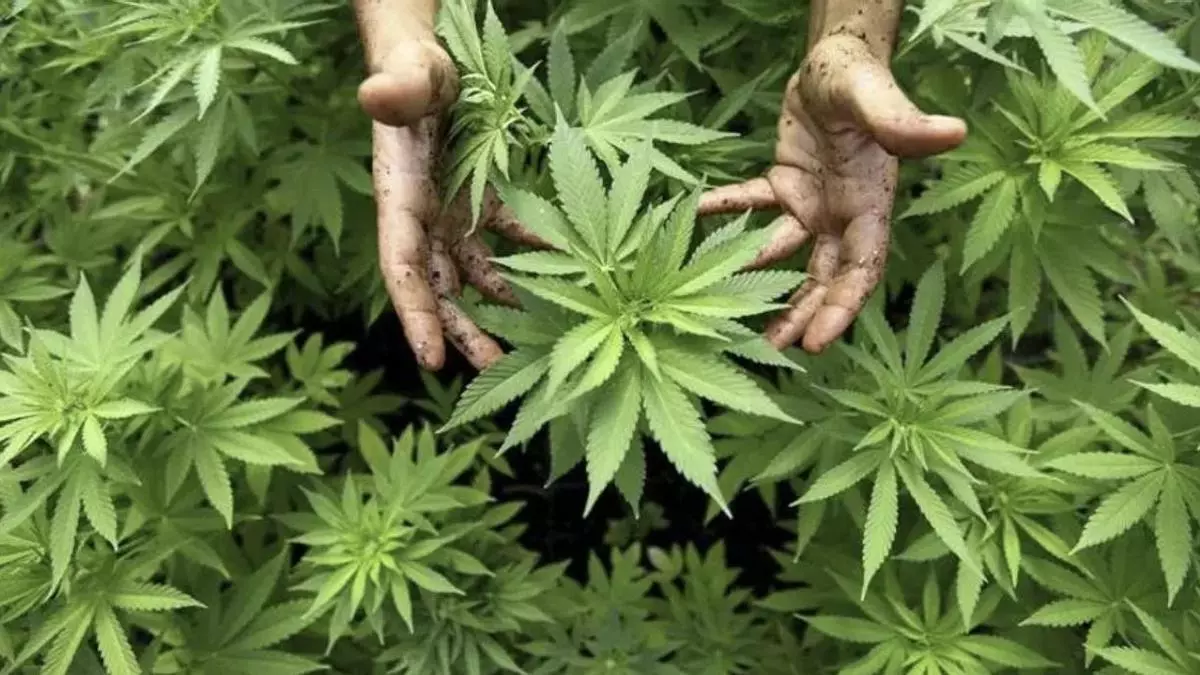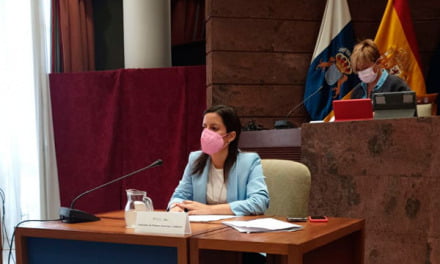In a landmark decision that could reshape the legal landscape of cannabis use in Spain, the Provincial Court of Santa Cruz de Tenerife has acquitted three German nationals charged with cultivating nearly ten kilos of marijuana. The court’s ruling acknowledged the lack of evidence beyond the quantity of cannabis to suggest any intent to distribute, marking a significant shift in the interpretation of Spain’s drug laws.
The potential significance of this case lies not only in the acquittal itself but also in its potential to influence Spain’s approach to cannabis cultivation and use. It has long been the stuff of urban legend that local police will turn a blind eye to anywhere between 3 and 5 plants. But here the court specifically recognised the annual cultivation cycle, which can result in substantial harvests intended for personal use throughout the rest of the year, rather than for trafficking as had been assumed by the prosecution. This perspective could be a harbinger for more lenient policies towards individual growers, particularly those growing for therapeutic reasons.
The Canary Islands are home to a growing number of cannabis clubs and associations, a reflection of the shifting attitudes towards cannabis in the region. As of recent counts, there are 224 registered cannabis clubs, an increase of 100 from six years prior, with Tenerife hosting the majority. These associations allow members to collectively cultivate and distribute cannabis among themselves for personal use, operating under a “consumption forecast” model. This model, supported by organisations like Canary Cannabis Consulting, ensures regulated consumption within a private, controlled environment, typically avoiding legal scrutiny as long as the use remains private and contained.
The Canary Islands offer a favourable climate and legal conditions that are attractive to the medical cannabis industry. Consulting firms are working to position the islands as a hub for the cultivation of cannabis for medicinal purposes, with tax advantages and climatic benefits that could make the region competitive internationally. The potential for job creation and economic diversification is significant, with the prospect of over 5,000 jobs in the sector. However, despite the appealing conditions, no licenses for cultivation have yet been granted by the Spanish Medicines Agency, indicating a cautious approach by the authorities.
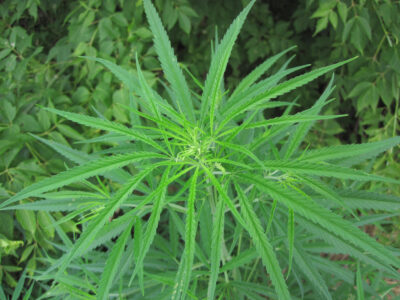
James St. John, CC BY 2.0 Cannabis_sativa_(marijuana_plants)_(Manhattan,_Kansas,_USA)_21_(48971607532)
The evolving legal decisions and the burgeoning industry in the Canary Islands come amidst a broader discussion on cannabis law reform in Spain. The consumption of cannabis is not penalised, and personal cultivation for self-use is often tolerated if it does not imply public health risks or trafficking. The threshold for personal use is generally considered to be around 25 to 50 grams, depending on individual consumption rates. The court’s decision in Tenerife, therefore, raises questions about how these thresholds apply in cases of cultivation and whether they are sufficient for individuals who use cannabis for therapeutic purposes.
The implications of the Tenerife court’s decision are potentially far-reaching. It may influence future legal challenges and set a precedent for more personalised assessments of cannabis cultivation cases. This could eventually lead to a more nuanced legal framework that differentiates between commercial trafficking and personal cultivation, especially for medical use. Moreover, the decision may embolden cannabis clubs and associations, encouraging a more transparent and regulated approach to cultivation and consumption within private circles.
For now, the court’s acquittal of the German nationals in La Gomera stands as a testament to the changing tides in cannabis regulation, signalling a possible shift towards a more tolerant and therapeutic-focused interpretation of the law. As the Canary Islands—and potentially the broader Spanish territory—grapple with these developments, the case will likely serve as a reference point for future legal considerations surrounding cannabis use and cultivation.

